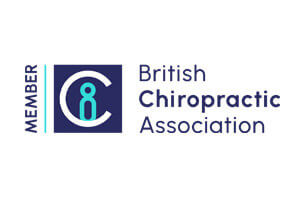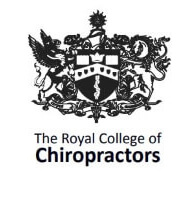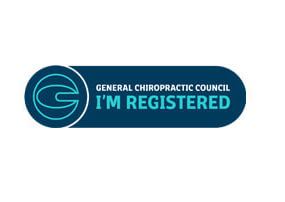 Back pain is one of the most common reasons people seek help, ranging from a dull ache after a long day at a desk to sharper pain that makes everyday tasks harder than they should be. If that sounds familiar, you’re not alone and you don’t have to manage it on your own. Chiropractic care offers a non-invasive approach that may help to manage musculoskeletal back pain and support you in returning to activity.
Back pain is one of the most common reasons people seek help, ranging from a dull ache after a long day at a desk to sharper pain that makes everyday tasks harder than they should be. If that sounds familiar, you’re not alone and you don’t have to manage it on your own. Chiropractic care offers a non-invasive approach that may help to manage musculoskeletal back pain and support you in returning to activity.
What Causes Back Pain?
Back pain can arise from a number of musculoskeletal factors, including:
- Muscle strain or spasm
- Joint irritation or dysfunction
- Ligament sprain
- Prolonged sitting, awkward or repetitive lifting, or sudden unaccustomed activity
- Stress and tension, which can tighten muscles and heighten discomfort
Sometimes, back pain is accompanied by leg pain, tingling, or altered sensation. This may be described as sciatica, which can involve irritation of the sciatic nerve. Sciatica can produce sharp, shooting pain from the lower back into the leg. There are several possible causes, including irritation related to intervertebral discs. Your chiropractor will assess your presentation and, if appropriate, discuss care options or refer you to your GP or for imaging.
When to Seek Urgent Help
Please seek urgent medical advice (e.g., NHS 111, your GP, or A&E) if you experience any of the following:
- New or worsening difficulty controlling bladder or bowel function
- Numbness in the saddle area (inner thighs, buttocks, groin, or genitals)
- Severe, unrelenting pain at night or at rest
- Significant weakness in a leg or foot
- Fever, unexplained weight loss, recent significant trauma, or a history of cancer
Our Careful, Evidence-Informed Approach
Consultation and examination: We begin with a thorough history and physical exam to understand your symptoms and contributing factors. Imaging such as X-ray or MRI is not routinely required; we’ll only suggest further tests if clinically indicated.
Individualised care: If chiropractic care is suitable, we’ll explain what this involves and tailor it to your goals. Not everyone responds in the same way or at the same pace, and we’ll review progress together.
Techniques we may use: Care could include joint techniques (gentle mobilisations or adjustments), soft-tissue therapy for tight or tender areas, and advice on movement, pacing, and activity modification. The aim is to help reduce discomfort, improve mobility, and support you in returning to your usual activities.
Self-Care and Long-Term Management
We’ll encourage you to be active in your recovery. Depending on your needs, this may include:
- Simple exercises and stretches to build tolerance and flexibility
- Gradual return-to-activity plans and pacing strategies
- Posture and ergonomic advice for desk work, driving, or lifting
- Lifestyle tips around sleep, stress management, and staying active
How Long Does It Take to Feel Better?
Time frames vary. Some people notice changes within a few visits; others may take longer, especially if symptoms have been present for a while. We’ll discuss what to expect, agree review points, and adjust your plan if needed. If your symptoms aren’t improving as anticipated, we’ll consider other options and, where appropriate, liaise with or refer you to another healthcare professional.
Myths and Facts
“I should rest until it’s gone.” Gentle, progressive movement is usually helpful. Prolonged bed rest can slow recovery.
“I need a scan to find out what’s wrong.” Most back pain can be assessed and managed without imaging. Scans are only recommended for specific reasons.
“Once you start chiropractic, you have to keep going.” There’s no obligation. The number and frequency of visits depend on your goals, your response, and clinical need.
Chiropractic in the UK is a regulated healthcare profession overseen by the General Chiropractic Council (GCC). Our chiropractors are also members of the British Chiropractic Association and Royal College of Chiropractors. If chiropractic care isn’t suitable, we’ll explain why and help you find the right next step.
Ready to Talk?
If you’re experiencing back pain in Beverley or Driffield and want to discuss whether chiropractic care could be appropriate for you, get in touch. We’re happy to answer questions, explain our approach, and, if you wish, arrange an initial consultation.
Note: The information above is general in nature and not a substitute for personalised medical advice. Please seek advice from a qualified healthcare professional if you have concerns about your symptoms.



